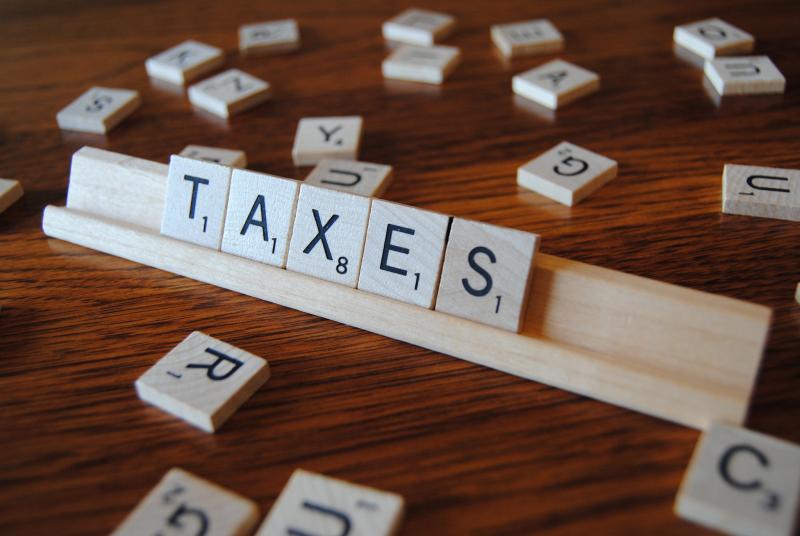
For several years now, big box retailers have been pushing Congress to implement sales taxes on the interstate transactions that the Supreme Court has ruled off-limits baring legislation.. While these big box stores claim to be after “parity”, the end result would be punitive to small mom-and-pop retailers that are less well equipped to navigate the considerable red tape and audit threats from thousands of taxing jurisdictions around the country.
The irony is that the big box stores have wrapped themselves in the mantle of “main street” and neglect to mention that the real impetus for the federal institution of online sales taxes comes almost exclusively from the biggest retailers in the country. Ten of the biggest ten retailers in the country are pressing for interstate sales tax legislation, and even eight of the top ten internet retailers are pushing for taxation.
The two main bills being pushed by the big box retailers this year are the Remote Transactions Parity Act (RPTA) and the Marketplace Fairness Act (MFA). In addition to the tax increases on consumers they both layer more regulatory burdens on small businesses and set a dangerous precedent for taxation without representation by extending collection duties and audit targets outside a state’s own borders.
Many state governors and their allies in the legislatures have made allies of the big box stores in their attempts to pass online sales tax. In working to feed the monster of big government, the alliance of the retailers and government officials is making exactly the point Carly Fiorina was trying to get across on Wednesday night: Big government benefits the powerful and well-connected.
Don’t believe the claims of the tax-and-spend crowd at the state level when they claim citizens already owe the tax and they can’t collect it. The truth is that as a practical matter almost no attempt is made to collect “use” taxes because they are deeply unpopular and most taxpayers don’t believe they owe them. The taxing authorities want someone else to collect their taxes for them; hence the idea of forcing online retailers in other states to do their dirty work for them.
Then when the businesses in other states run afoul of one or more of the thousands of taxing jurisdictions they can look forward to countless audits and lawsuits, with no recourse to any elected official that needs their votes. The online sales tax isn’t about “leveling the playing field” or giving states taxes they need and deserve; it’s about vastly expanding the powers of states beyond their borders.
Should either online sales tax bill become law, online retailers will be faced with over 10,000 complicated tax codes, including 45 state sales taxes and local tax jurisdictions.
The costs of imposing these online sales tax proposals represent another big hit to small businesses. While the bills provide for “free” software and installation, the cost of maintenance and upgrades would range in the hundreds of thousands of dollars. These costs will have little effect on larger corporations, but it will certainly stifle smaller businesses.
These bills are vastly unpopular with voters across the spectrum. According to polling conducted by the National Taxpayers Union and the RStreet Institute, 57 percent of respondents were opposed to an online sales tax. Broken down by party affiliation 65 percent of Republicans, 56 percent of Independents, and 48 percent (to 43 percent) of Democrats were opposed.
In an attempt to force the tax through, legislators have actually held hostage a vote on The Internet Tax Freedom Forever Act. This legislation would make the current Internet Tax Moratorium permanent, ending any possibility of states taxing Internet access, and ensure that there are no discriminatory taxes on e-commerce. But the powerful interests have blocked the bill unless and until some kind of online sales tax is attached to it.
In the Republican debate, when Carly Fiorina reminded us that big government benefits the rich, powerful and well connected she made critical points. When she said, “Government trying to level the playing field between Internet and brick and mortar causes a problem,” she was right on target.
Internet sales taxes are about the most powerful retailers in the country raising taxes on their competitors. It’s that simple.

